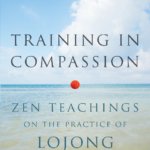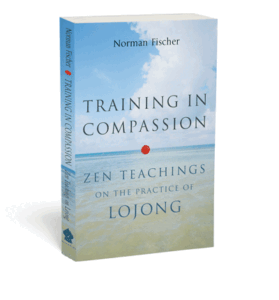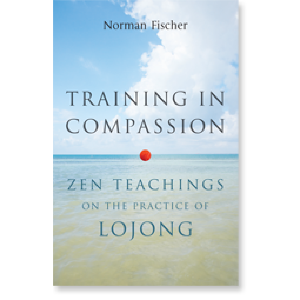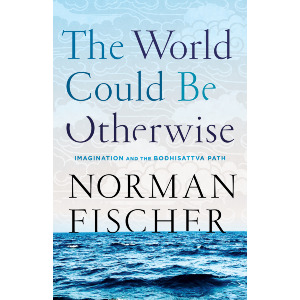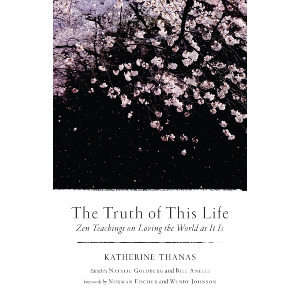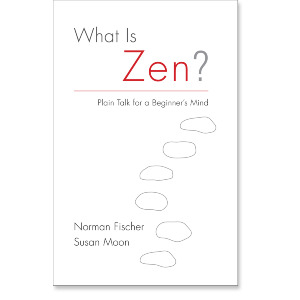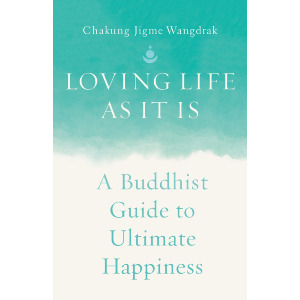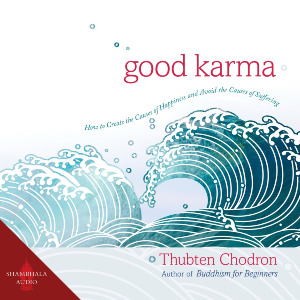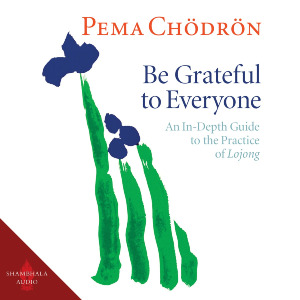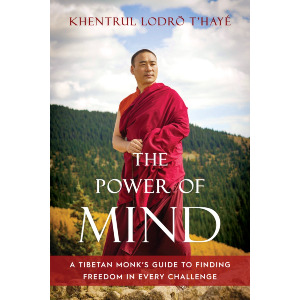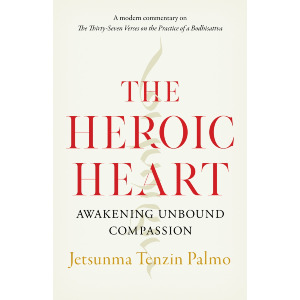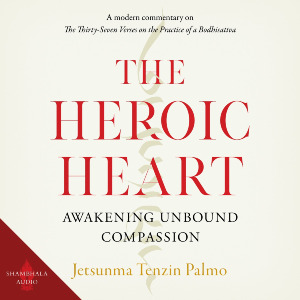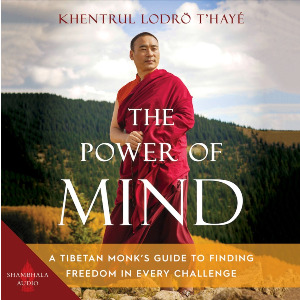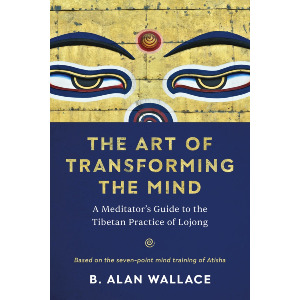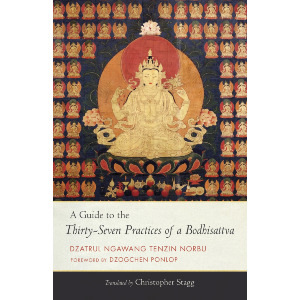It is quite counter-intuitive, quite upside down.
What it is saying is: whatever happens, don't ever blame anyone or anything else, always blame only yourself. Eat the blame and it will make you strong.
There's another Zen story about this one. In Zen there's a formal eating ritual called oryoki. In Zen monasteries this is the way the monks eat all of their meals: in robes, seated on meditation cushions on raised platforms, with formal serving and chanting, eating in a dignified prescribed style, even washing out the bowls with water and wiping and putting them away as part of the ritual.
When I was a monastic, I ate this way every day, and even now at some of our retreats we practice oryoki. At first the practice seems intimidating and overly complicated, but when you do it for a while, it becomes second nature and you see its beauty. You realize that actually it is the simplest, most elegant, and most efficient way that a group of people could eat together.
In a way, it is a bit like mind training itself: it seems at first impossible and complicated, but when you get used to it, you see how beautiful and even how simple and natural it is.
In any case, once in ancient China an abbot was eating oryoki style with the monks in the meditation hall. He discovered a snake head in his soup. This was not snake soup; Zen monasteries are vegetarian. It was definitely a mistake. Probably a farmer monk out in the fields hadn't noticed that he'd cut off the head of a snake while cutting the greens, and the snake's head had found its way into the soup pot because the soup-cook monk also hadn't noticed it.
Such things happen, even when you are practicing mindfulness and doing good organic farming and trying not to kill anything. But a mistake is a mistake, and a mistake that ends up in the abbot's bowl is a mistake compounded.
The abbot called the tenzo, the head cook. "Look!" He held up the snake's head. And the tenzo, without saying a word, snatched the snake's head and swallowed it.
He didn't blame the farmer, he didn't blame the soup cook. He didn't make excuses. He didn't feel guilty or ashamed. He ate the blame. It was probably very nourishing.
From Training in Compassion: Zen Teachings on the Practice of Lojong by Norman Fischer, pages 50-51.
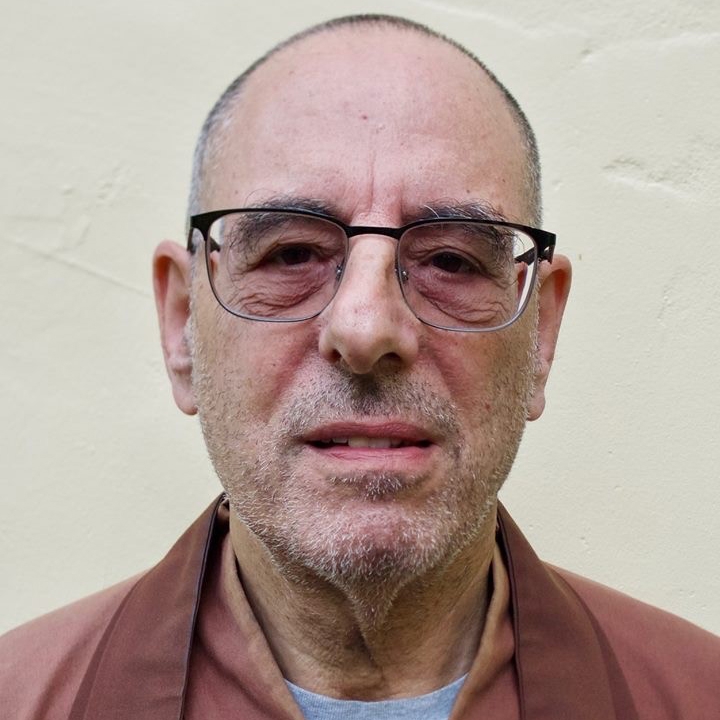
Related Books
$18.95 - Paperback
$17.95 - Paperback
$16.95 - Paperback
$16.95 - Paperback

